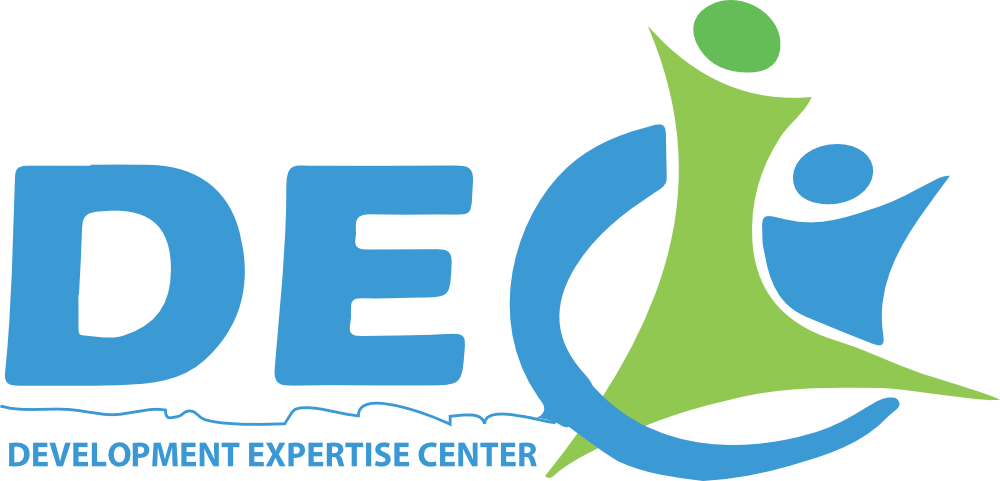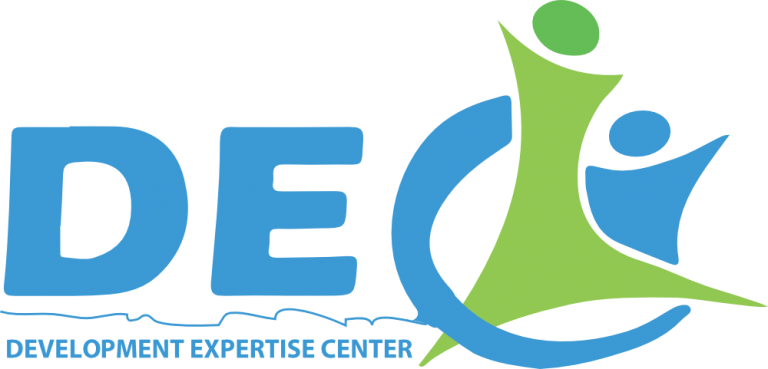[vc_row][vc_column column_width_percent=”100″ align_horizontal=”align_center” gutter_size=”3″ overlay_alpha=”50″ shift_x=”0″ shift_y=”0″ shift_y_down=”0″ z_index=”0″ medium_width=”0″ mobile_width=”0″ width=”1/4″][vc_icon icon=”fa fa-target2″ size=”fa-4x” linked_title=”yes” title=”Objectives of the program” link=”url:https%3A%2F%2Fdecethiopia.org%2Fgender-7-life-skills-development-objective%2F|title:Gender%20%26%20Life%20Skills%20Development%20Objective”][/vc_icon][/vc_column][vc_column column_width_percent=”100″ align_horizontal=”align_center” gutter_size=”3″ overlay_alpha=”50″ shift_x=”0″ shift_y=”0″ shift_y_down=”0″ z_index=”0″ medium_width=”0″ mobile_width=”0″ width=”1/4″][vc_icon icon=”fa fa-map-marker2″ size=”fa-4x” linked_title=”yes” title=”Operational Areas” link=”url:https%3A%2F%2Fdecethiopia.org%2Fgeographic-target-area%2F|title:Coming%20Soon||”][/vc_icon][/vc_column][vc_column column_width_percent=”100″ align_horizontal=”align_center” gutter_size=”3″ overlay_alpha=”50″ shift_x=”0″ shift_y=”0″ shift_y_down=”0″ z_index=”0″ medium_width=”0″ mobile_width=”0″ width=”1/4″][vc_icon icon=”fa fa-users2″ size=”fa-4x” linked_title=”yes” title=”Target Beneficiaries” link=”url:https%3A%2F%2Fdecethiopia.org%2Fprogram%2Fgender-life-skills-development%2Fgender-life-skills-development-beneficiaries%2F|title:Coming%20Soon||”][/vc_icon][/vc_column][vc_column column_width_percent=”100″ align_horizontal=”align_center” gutter_size=”3″ overlay_alpha=”50″ shift_x=”0″ shift_y=”0″ shift_y_down=”0″ z_index=”0″ medium_width=”0″ mobile_width=”0″ width=”1/4″][vc_icon icon=”fa fa-move2″ size=”fa-4x” linked_title=”yes” title=”Sub Program Components” link=”url:https%3A%2F%2Fdecethiopia.org%2Fcoming-soon%2F|title:Coming%20Soon||”][/vc_icon][/vc_column][/vc_row][vc_row][vc_column column_width_percent=”100″ align_horizontal=”align_center” gutter_size=”3″ overlay_alpha=”50″ shift_x=”0″ shift_y=”0″ shift_y_down=”0″ z_index=”0″ medium_width=”0″ mobile_width=”0″ width=”1/4″][vc_icon icon=”fa fa-checkmark-circle” size=”fa-4x” linked_title=”yes” title=”Expected Results” link=”url:https%3A%2F%2Fdecethiopia.org%2Fprogram%2Fgender-life-skills-development%2Fmajor-activities%2F|title:Coming%20Soon||”][/vc_icon][/vc_column][vc_column column_width_percent=”100″ align_horizontal=”align_center” gutter_size=”3″ overlay_alpha=”50″ shift_x=”0″ shift_y=”0″ shift_y_down=”0″ z_index=”0″ medium_width=”0″ mobile_width=”0″ width=”1/4″][vc_icon icon=”fa fa-history2″ size=”fa-4x” linked_title=”yes” title=”Track Record” link=”url:https%3A%2F%2Fdecethiopia.org%2Ftrack-records-2%2F|title:TRACK%20RECORD||”][/vc_icon][/vc_column][vc_column column_width_percent=”100″ align_horizontal=”align_center” gutter_size=”3″ overlay_alpha=”50″ shift_x=”0″ shift_y=”0″ shift_y_down=”0″ z_index=”0″ medium_width=”0″ mobile_width=”0″ width=”1/4″][vc_icon icon=”fa fa-tools-2″ size=”fa-4x” linked_title=”yes” title=”Program Tools” link=”url:https%3A%2F%2Fdecethiopia.org%2Fprogram-tools-gender-life-skills-development%2F|||”][/vc_icon][/vc_column][vc_column width=”1/4″][vc_icon][/vc_icon][/vc_column][/vc_row][vc_row][vc_column width=”1/1″][vc_gallery el_id=”gallery-117720″ medias=”83703,83705,83707″ gutter_size=”3″ screen_lg=”1000″ screen_md=”600″ screen_sm=”480″ single_overlay_opacity=”50″ single_padding=”2″][vc_button size=”link” border_width=”0″ icon_position=”right” link=”url:https%3A%2F%2Fdecethiopia.org%2Fgender-life-skills-development-image-gallery%2F|title:Gender%20%26%20Life%20Skills%20Development%20Image%20Gallery||” icon=”fa fa-arrow-right2″]See full image gallery[/vc_button][/vc_column][/vc_row][vc_row][vc_column width=”1/1″][vc_column_text]The sub-components of the Gender & Life Skills Development Program are:
- Integrated Life Skill Education
- User-Friendly Service Promotion
- Male Female Engagement Promotion
[/vc_column_text][vc_column_text]HIV/AIDS & STD Prevention Education The specific objectives of the Gender & Life Skills Development Program are:
- To enhance the knowledge, skill, and attitude of adolescents & youth on HIV/AIDS, STDs, sexual and reproductive Gender issues
- To prevent the spread of HIV/AIDS, support and give priority to the victims of HIV/AIDS both at the program and organizational level
- To make all programs HIV/AIDS sensitive
- To enable adolescents & youth to make evidence-based and informed decisions with responsible choices regarding their sexual and reproductive Gender
- To empower the local community and parents to initiate and bring a more sustainable change in positive behavior and practices of adolescents & youth towards sexual & reproductive Gender
- To capacitate Gender service providers in improving user-friendly services
- To promote Gender engagement
- To empower women to claim their rights and fight against any form of gender-based discrimination and mistreatment
- To encourage women to play an active role in DEC programs and among the community
- To enforce the implementation of organizational gender policy at all levels
[/vc_column_text][/vc_column][/vc_row]

